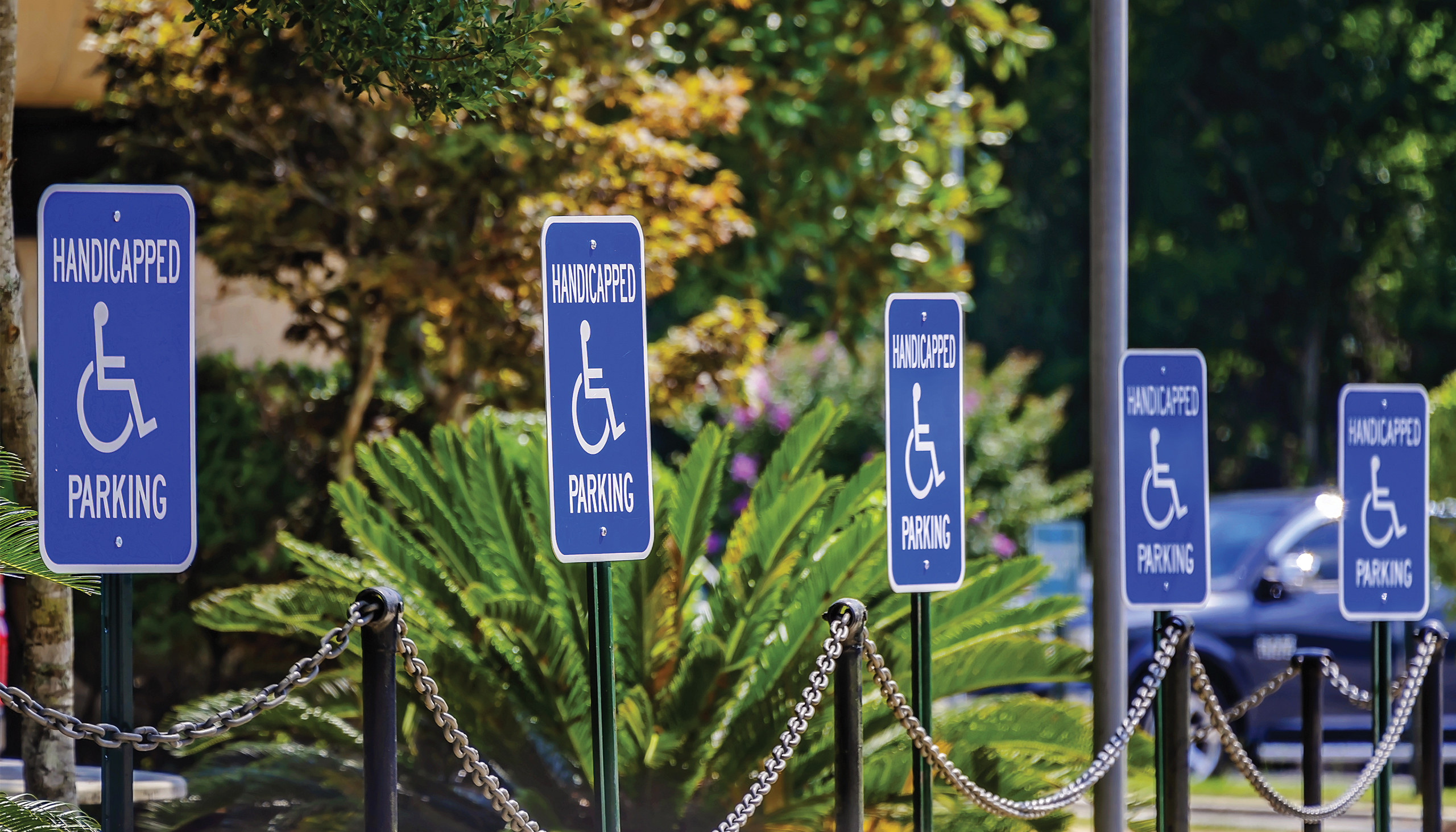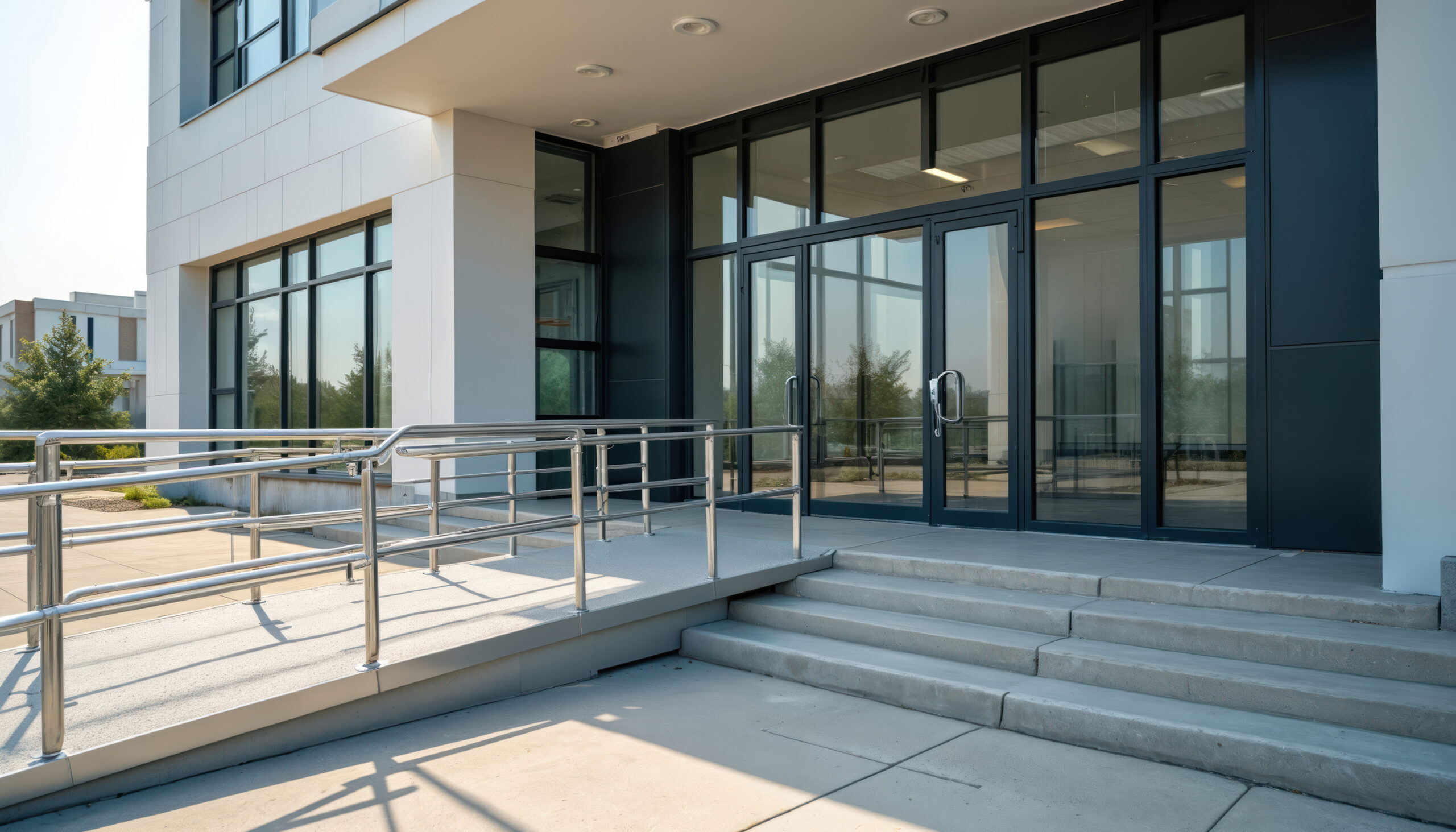ADA Compliance & Accessibility Planning Services
Empowering Communities Through Inclusive Access and Strategic ComplianceADA Self-Evaluation and Transition Plan Services
Capital Strategic Solutions (CSS) offers comprehensive support to municipalities in developing and implementing ADA Self-Evaluation and Transition Plans in full compliance with the Americans with Disabilities Act of 1990 (ADA) and its amendments. These services are designed to ensure equitable access to all local government programs, services, and facilities, and to demonstrate a proactive commitment to ADA compliance.

ADA Compliance Review of Municipal Services, Programs, and Policies
A complete assessment of public-facing and internal operations to ensure accessibility for individuals with disabilities.

Grievance Procedure and Public Notice Review
Analysis and recommended revisions to existing grievance procedures and public notices to align with ADA and Section 504 requirements.

ADA Facility Assessments
On-site evaluations of municipal buildings, parks, cemeteries, sidewalks, walkways, parking lots, play structures, and related elements to identify physical barriers.

Cost Estimation for Barrier Remediation
Provision of detailed cost estimates for remediation efforts to assist in planning and budgeting.

Development of a Comprehensive Self-Evaluation and Transition Plan

Prioritization of Barrier Removal
- Accessible approach and entrance
- Access to goods and services
- Access to public toilet rooms
- Access to additional elements (e.g., drinking fountains, public telephones)
- Other non-essential elements

Compliance with Federal and State Accessibility Standards
“By undertaking a comprehensive ADA Self-Evaluation and Transition Plan, the Town of Bernardston is reaffirming its commitment to accessibility and proactive governance. This initiative ensures that our public spaces, services, and policies reflect the values of inclusion and dignity for all.”
Karen Kelly
Town Administrator for the Town of Bernardston
Accessible Communication & Effective Public Engagement
As part of the ADA compliance effort, CSS also evaluates communication practices to ensure information is accessible to individuals with vision, hearing, speech, or cognitive disabilities. This includes reviewing the accessibility of public websites, printed materials, digital documents, public meetings, and emergency notifications. CSS can recommend improvements such as alternative formats (e.g., braille, large print, plain language), assistive technologies, interpreter services, and real-time captioning to ensure that all members of the public can receive and engage with municipal information in a timely and effective manner.
Approach and Commitment to Practical Solutions


